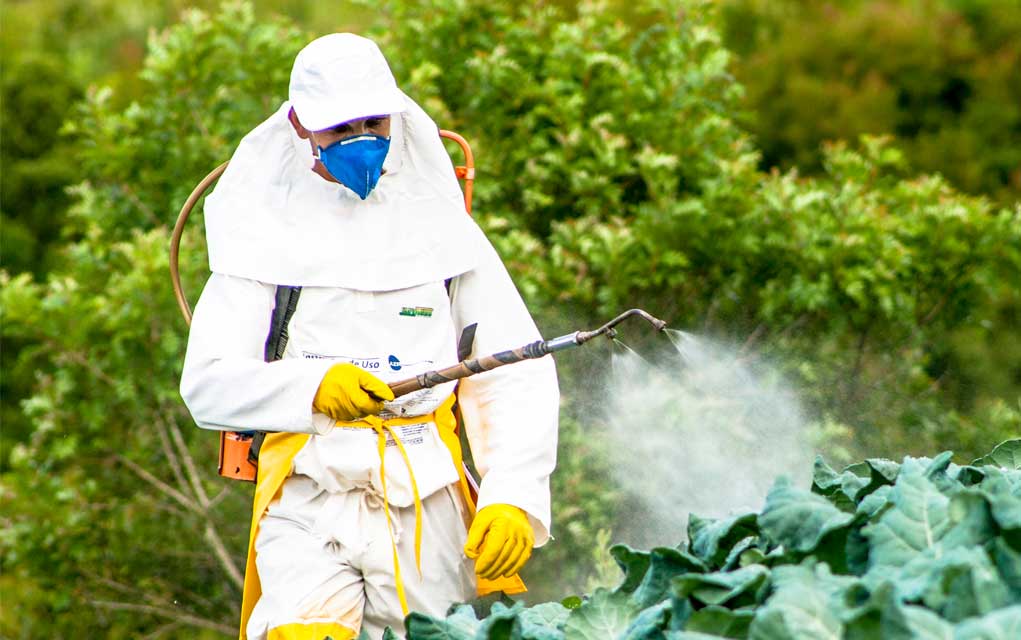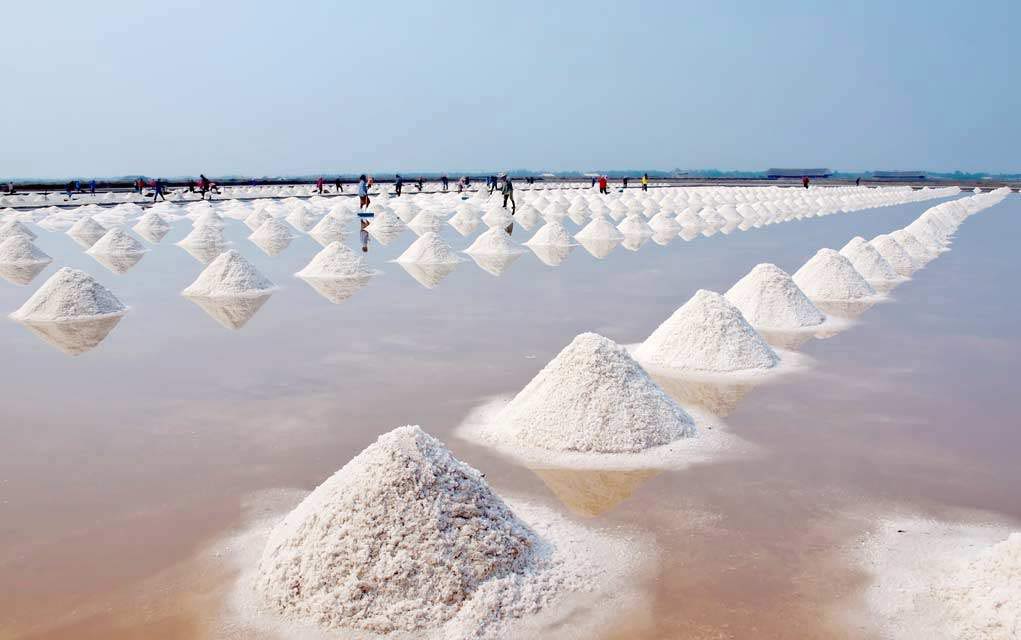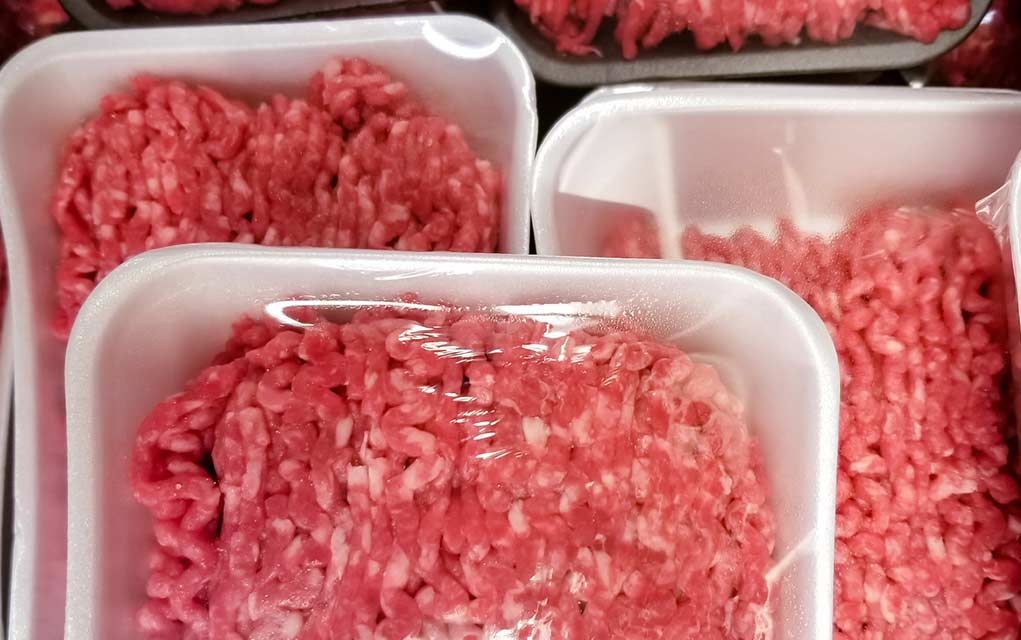
Virus Protection: 4 “Healthy” Foods That Can Actually Tear Down Your Immune System
(WellnessPursuits.com) – “Healthy” is one of today’s biggest buzzwords. It’s healthy this and healthy that wherever we look, and nowhere is the word “healthy” used more often than when it comes to food.
But does that really mean it’s good for you, or is it just an advertising gimmick? You might be surprised. Here are 4 foods that have a “healthy” reputation but are really just more of the same old junk disguised as healthy.
Given the current climate where we’re all concerned about getting and/or fighting the a variety of infectious viruses, we need to be especially careful to keep our immune systems strong. Sugar and artificial additives tear down our immune systems. They are not just bad for us, but during this time where there’s so many threats from viruses, they can be downright dangerous.
Fruit juices
They’re a staple of most breakfast tables. We give them to our kids by the gallon. Most of us, if asked which is better for you, would choose fruit juice over soda, Kool-Aid, or any other sweet drink— but we’d be wrong.
That’s right. Fruit juice does contain vitamins and minerals, which most other sweet drinks don’t. However, most of this “goodness” comes from artificially-added vitamin C and calcium. Ounce for ounce, fruit juices contain just as much sugar as soda — and if you don’t opt for the “no sugar added” varieties, they may contain even more. Their vitamins and minerals simply don’t make up for the sky-high sugar content.
So forget about the juice. Eat whole fruit instead. Not only will you be getting a fraction of the sugar, you’ll get a ton of vitamins and minerals that juice alone doesn’t contain, plus fiber and complex carbs your body can use.
Flavored Yogurt
Yogurt just might be the original “health food.” And it’s true that yogurt can be good for you— if you choose the right kind. Plain yogurt is high in protein, has lots of calcium, and contains probiotics that are good for your gut. But let’s be honest— how many of us choose plain yogurt?
Most yogurts are loaded with sugar or, even worse, artificial sweeteners. Some even contain both, so you get not just a whopping dose of sugar but the metabolic mayhem of artificial sweeteners too.
And while the only ingredients yogurt needs are milk and the bacteria which turn it into yogurt, most commercial yogurts have an ingredient list a mile long. They may contain artificial colors and flavors, and thickeners like carrageenan. Some yogurts have as many as 10 ingredients.
So read labels. Choose plain Greek yogurt and your own fruit or other flavors. Look for a brand that says “contains active cultures.” And if it has more ingredients than milk and yogurt cultures, don’t buy it.
Milk Substitutes
The downside of milk substitutes varies by the type. Soy contains a substance called phytic acid which inhibits your body’s ability to absorb many essential minerals. Rice milk is high-sugar and nutritionally bankrupt.
Nut milks are high in trace minerals, but like most milk substitutes often contain carrageenan, a thickener which is linked to inflammation, gastrointestinal disturbances, and even ulcers.
If they’re not specifically labeled “unsweetened,” milk substitutes are generally high in sugar. And across the board, they are low in the one thing milk is loaded with: protein.
Soy
The biggest problem with soy can be summed up in one short word: GMO. Whether you think that GMO food itself is safe or not, the fact remains that all GMO crops are subjected to massive doses of herbicides that other crops simply aren’t. And nearly all the soy grown in the U.S. is genetically modified.
So unless it’s specifically labeled “organic,” it’s a good bet that any soy product is GMO. And if that’s not enough to convince you that soy isn’t really “healthy,” regular soy consumption has been linked to several types of cancer including breast and bladder cancer.
“Healthy” is a marketing tool, and food manufacturers can twist it to mean whatever they want. So the next time you go to buy a “healthy” food, if it’s not in the produce aisle, read the label carefully. It might not be as healthy as you think. Stay safe out there.
Here’s to Your Healthy Pursuits!
Copyright 2025 – WellnessPursuits.com
















